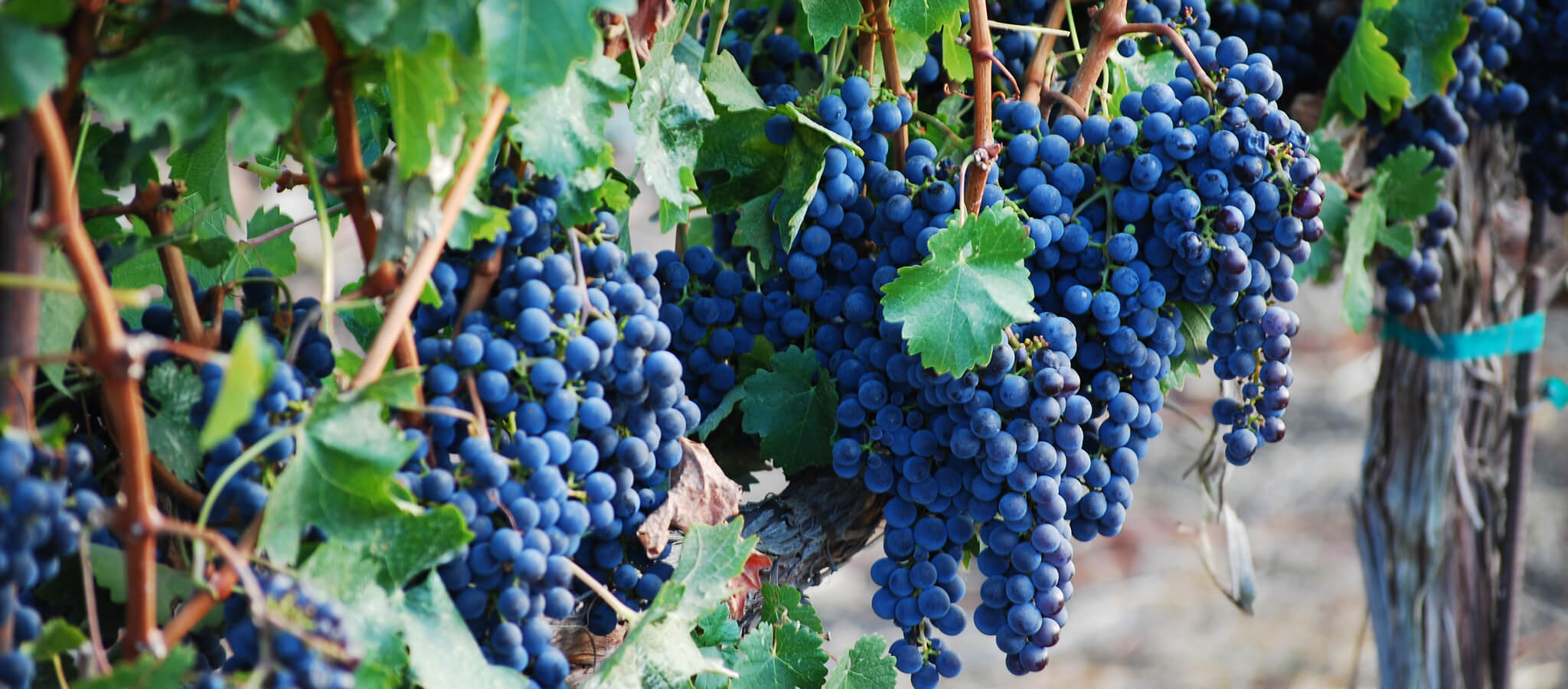I’m often asked if there’s real science behind wine tasting. When choosing wine do points matter? Should they? An article published a while back challenged the merits of wine judging. This is tricky topic for wineries.
A great score from one of the major critics almost definitely translates to increased sales, particularly if a large portion of the winery’s inventory is sold through distributors. For the harried wine-lover who has little time to kibitz in an independent wine shop, a high scoring wine found at a Big Box store offers purchase security when making an otherwise uninformed wine selection. It’s the if the guy or gal who tastes wine for a living thinks it’s good, it probably is mentality…and typically that’s a pretty reliable purchase philosophy.
As one might surmise, a poor score will likely precipitate the opposite reaction: 1) the big stores might not carry the wine; 2) the distributors may pay less attention to the brand; 3) the consumer looking at several scored wines will likely select the wine with the higher score within his/her price range.
Seems pretty straightforward doesn’t it? Not according to Robert Hodgson. In an article from the UK’s Guardian, we learn that Mr. Hodgson, a California vintner, has been running a little test since 2005. Turns out Mr. Hodgson, make that Professor Hodgson, came up with some pretty interesting data from his study of the California State Fair Wine Competition. The net result? Only “…about 10 percent of the judges were able to replicate their score within a single medal group. Another 10 percent, on occasion, scored the same wine Bronze to Gold.” And significantly, “…a typical judge’s scores varied by plus or minus four points over the three blind tastings. A wine deemed to be a good 90 would be rated as an acceptable 86 by the same judge minutes later and then an excellent 94.” The variation in score can be the difference between a sold out wine, and a wine that lingers on the shelf…and it’s the SAME wine!

But hold the phone. A study conducted by Penn State and Brock University, showed that some people DO have a better sense of taste than others. “What we found is that the fundamental taste ability of an expert is different,” says John Hayes of Penn State. Another argued that it may not be nature as much as nurture. Perhaps experiencing a broad array of wines allows the critic to hone his/her skills to develop a more differentiating palate. Makes sense. If you’re a seasoned tennis player, you might feel the difference in the tension of tennis strings, but if you’re just starting out, it’s the last thing you’ll notice. But if the average consumer is not in the ‘supertaster’ gene pool, and doesn’t regularly sample myriad wines, where does that leave us?

We say, drink what you like. Don’t let the potentially pretentious side of wine get in the way of enjoying a variety of wines. Are we delighted when one of our wines receives a high score? You bet. And you may find over time that you share a similar palate with a particular critic. This may be helpful when seeking out new wines. But in general, we feel that wineries that are dedicated to small lot, handcrafted wines tend to place greater emphasis on quality vs. quantity. Add a talented winemaker, and carefully farmed fruit planted in targeted terroirs, and whether you have a highly trained palate, or you’re new to the world of wine, you’ll likely be pleased with your purchase.
Cheers!
Sources:
